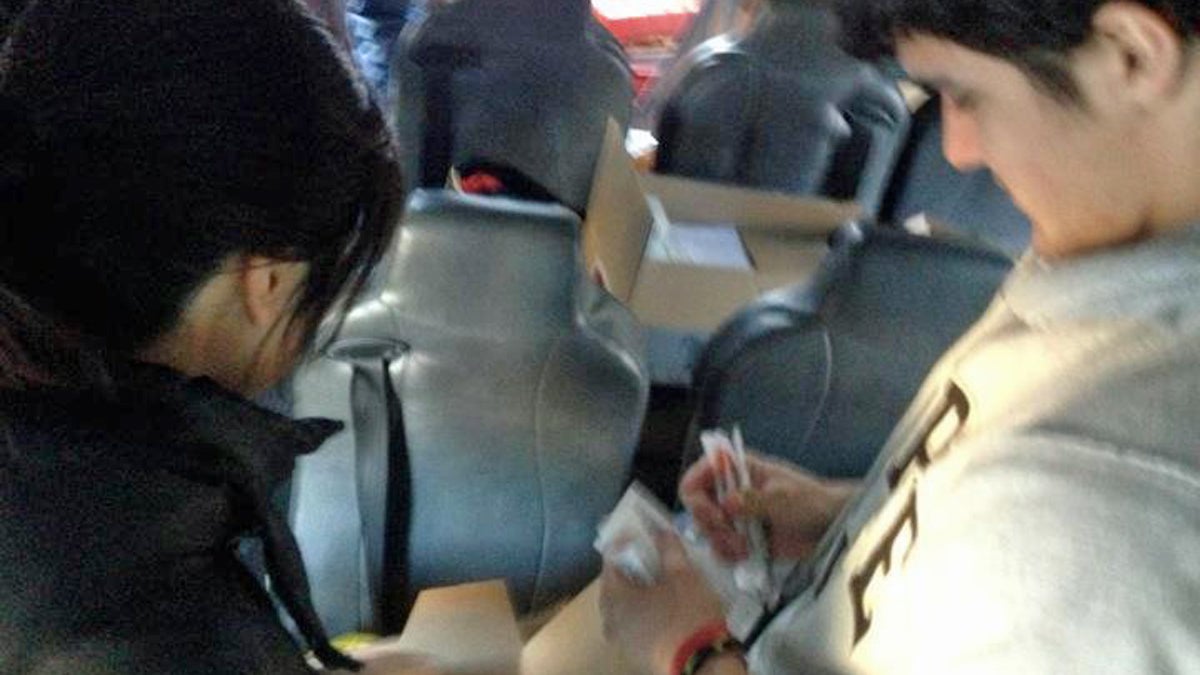Pennsylvania trails neighboring states in HIV monitoring, prevention measures

New Jersey and Delaware have state-supported needle exchange programs to cut down on the transmission of diseases. (WHYY, file)
A new study by The Trust For America’s Health measured how prepared states are for infectious disease outbreaks. In surveying best practices for state health departments, it reports Pennsylvania lags behind its neighbors in HIV prevention and monitoring.
Because of a nationwide increase in intravenous drug use, the report looked at the way states monitor HIV cases and support needle-exchange programs. It found that while 42 states and Washington, D.C., require reporting the overall degree of infection — called the HIV viral load — Pennsylvania and New Jersey do not.
Ronda Goldfein, at the AIDS Law Project of Pennsylvania, said monitoring the viral loads helps track drug efficacy and treatment adherence. Currently, both states have registries that identify those diagnosed with HIV by name. These provide overall infection rates and facilitate partner notification.
The Trust for America’s Rich Hamburg says policy recommendations change over time.
“Today’s strong policy is, perhaps, tomorrow’s weak policy. We need, across the board, to raise the bar for health departments so that we don’t have some strong health departments and some weak health departments. Because, particularly when we’re addressing an outbreak, we need to make sure everyone is in a position to respond,” he said.
The study also focused on state-supported needle exchanges; New Jersey and Delaware, early adopters of the policy, are among just 16 states with such programs.
Pennsylvania Department of Health officials, who said the department is exploring policies for needle exchanges, said the state’s Medicaid expansion has improved treatment and reporting of HIV cases.
Hamburg said the exchange programs are vital to tamp down transmission of disease.
“We know that one of the most effective methods for reducing HIV and AIDS is syringe exchange programs. There are a lot of misperceptions around it, and it’s really become a challenge to get these laws on the books,” he said. “So I would think that over the next couple of years, we’re at 16 states that have such a program, that number will increase.”
Delaware, which also requires HIV viral-load reporting, scored high in the survey overall.
WHYY is your source for fact-based, in-depth journalism and information. As a nonprofit organization, we rely on financial support from readers like you. Please give today.

